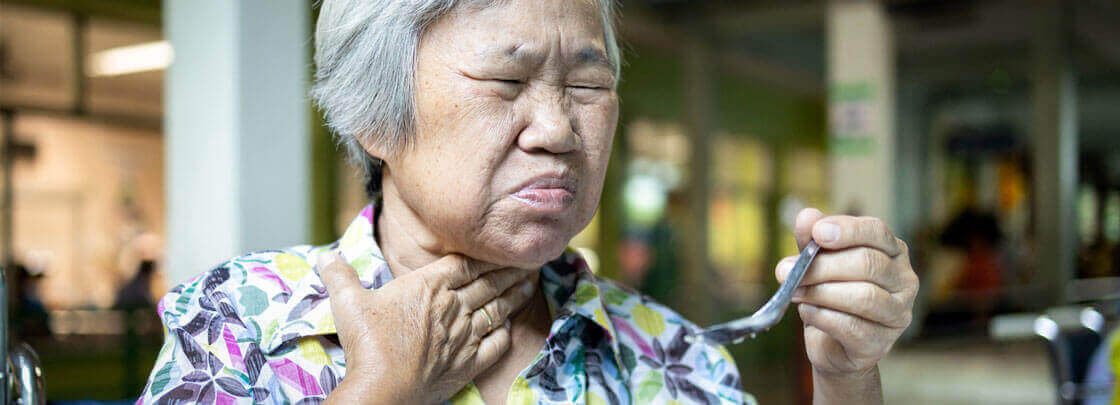
There may be some people who are always watching their calories, but there are many others who find joy in eating and snacking. After all, who can resist the goodness of a chocolate bar? Eating well is fundamental to one’s overall good health and wellbeing. However, there are others among us who have to endure a life without this basic pleasure because of dysphagia, an inability to swallow.
In this article, we speak to Dr. Paul Mok, an Ear, Nose and Throat (ENT) Surgeon at My ENT Specialist, Farrer Park Hospital, to learn about the condition and find out if it is possible to reverse it.
A Complex Process that Involves the Brain, Muscles and Nerves
People with dysphagia experience difficulty swallowing and they require more time to move food and liquid from their mouth to stomach. While it may seem like a simple action, swallowing food is a far more complex than imagined for it requires the brain, nerves and muscles, two muscular valves and an unconstricted esophagus to work hand in hand.
Touching on the importance of this coordination, Dr. Mok said:
“The act of swallowing is finely coordinated by the brain and executed through nerve connections via the muscles of the throat. Diseases affecting the brain such as Parkinson’s disease, stroke or dementia, as well as the nerves and muscles can impair one’ ability to swallow.”
When food is unable to transit smoothly from the throat into the esophagus, aspiration of food in the lungs can happen; causing pneumonia, a life-threatening situation especially in the frail and elderly.
Risk of Dysphagia Increases with Age
The elderly are more prone to strokes and degenerative diseases of the brain, placing them at a higher risk of experiencing dysphagia.
“They may also be frail and be on medication for other health concerns that may cause mouth dryness, making swallowing more difficult. If food goes in the wrong tract into the lungs, that’s when they will have more difficulty coughing it up,” Dr. Mok added.
Can People with Dysphagia Swallow Normally Again?
With early detection and treatment, dysphagia can be overcome. If one displays symptoms such as choking on food or drink easily, coughing during or after swallowing and have been experiencing trouble moving food to the back of their mouth, they should visit an ENT specialist as soon as possible for a head and neck evaluation to exclude an obstructive cause.
Depending on the severity of the dysfunction, the patient will be advised to go through swallowing or speech therapy or even surgery.
“In severe cases where there is a high risk of aspiration, feeding is sometimes impossible and the patient may need a feeding tube. We will work closely with nutritionists to optimize the meal plans to prevent malnutrition and dehydration,” Dr. Mok revealed.
With Singapore being an ageing population where they may be an elderly in almost every other household, it remains more important than ever to spot the signs of dysphagia early to prevent health hazards.
Article first appeared on Farrer Park Hospital’s website

